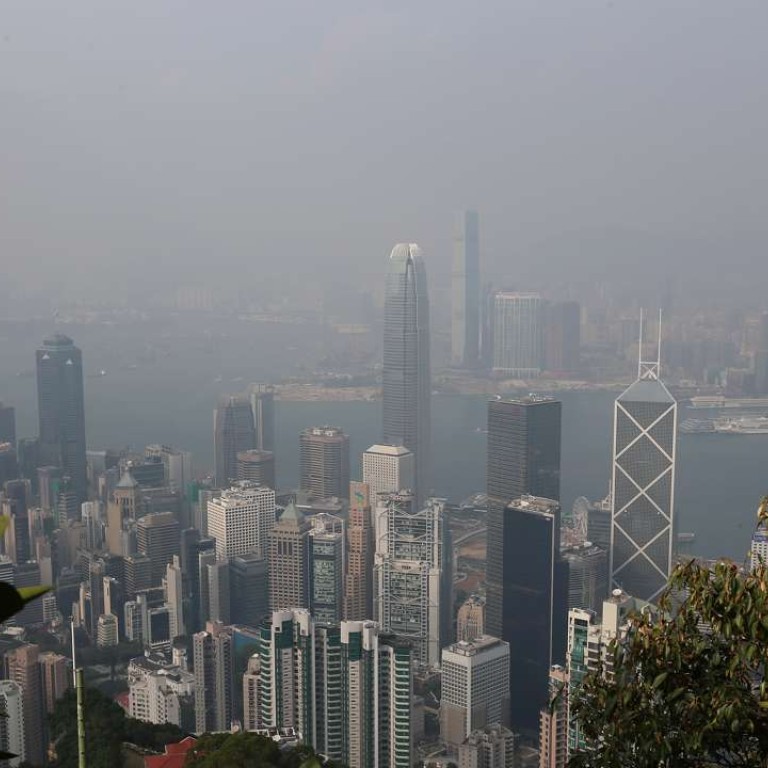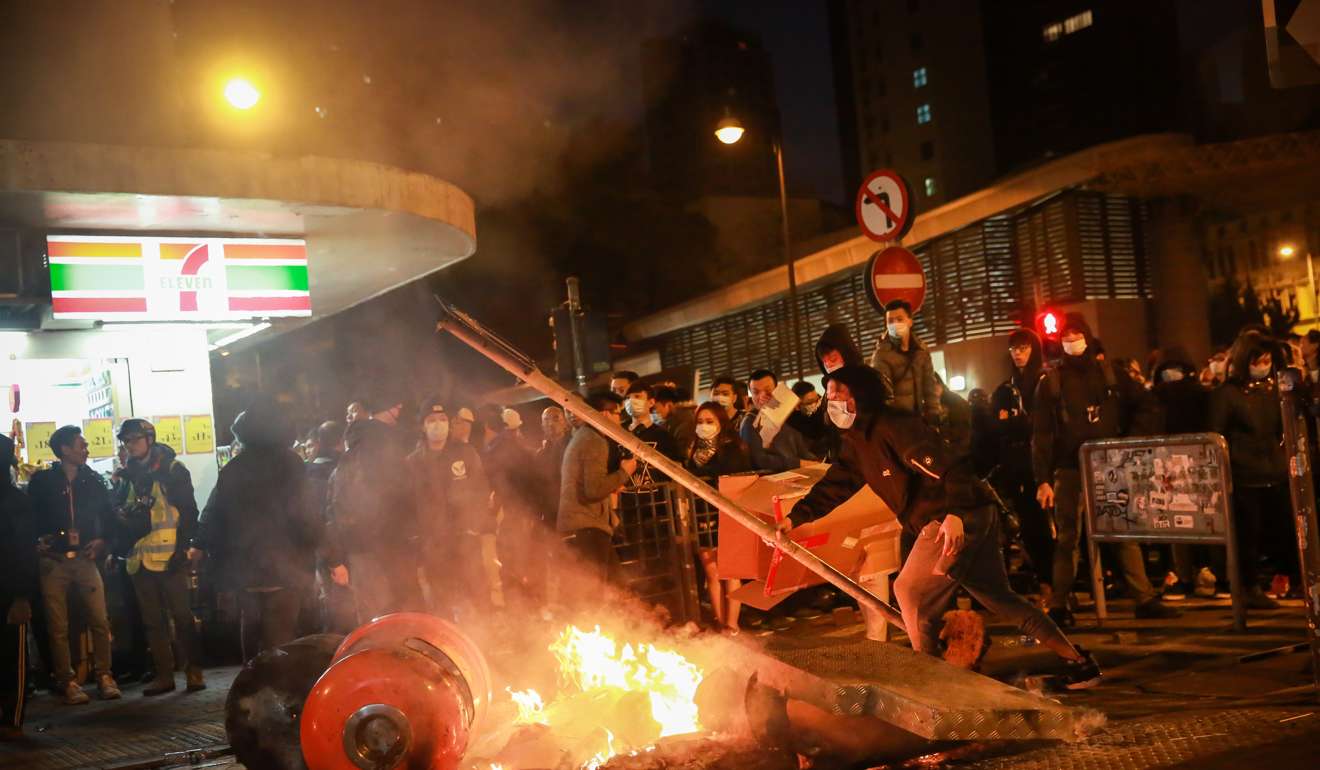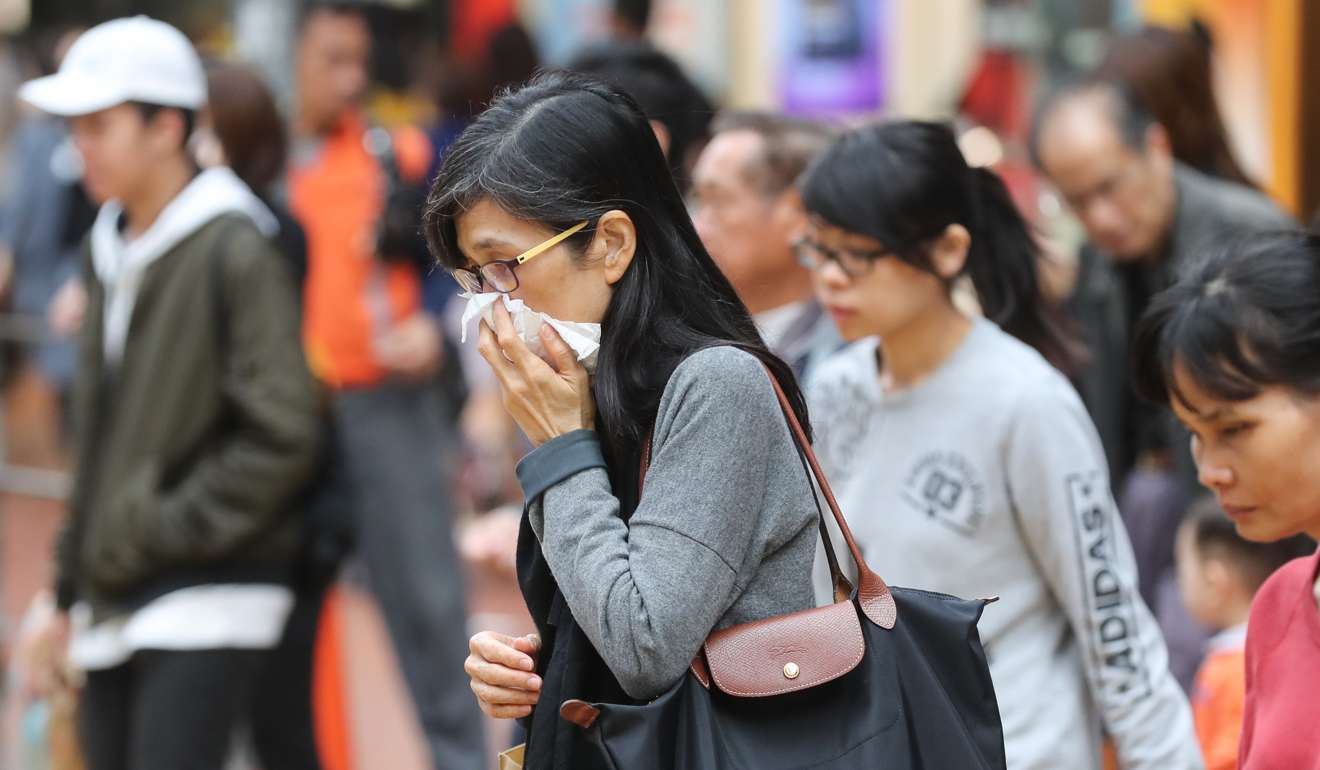
‘A first-world city with third-world air quality’: Hong Kong loses ground on expat liveability ranking
Singapore takes the top spot globally and regionally for the 16th year in a row
Hong Kong’s socio-political tensions and chronic air pollution are dragging the city further down global liveability rankings for Asian expatriates, allowing regional competitors such as Shanghai to gain ground, according to a survey by an international human resources consultant.
ECA International ranked Hong Kong as the 29th most livable location for Asian expatriates out of 470 countries around the world – one spot down from 2016.
In the Asia-Pacific region, Hong Kong ranked 15th.

“Hong Kong is essentially a first-world city with third-world air quality levels,” ECA’s regional director for Asia, Lee Quane, said.
“Combined with ongoing socio-political tensions in Hong Kong, [the city] has therefore fallen in our rankings.”
Hong Kong’s regional rival, Singapore, continued to dominate the chart, taking the top spot globally and regionally for the 16th year in a row.
Four years ago, Hong Kong was ranked 11th worldwide and 9th in Asia-Pacific, but mainland cities such as Shanghai are gaining ground.
Combined with ongoing socio-political tensions in Hong Kong, [the city] has therefore fallen in our rankings
Shanghai ranked highest among mainland cities at 23rd place in the Asia-Pacific ladder, and was narrowing the gap with Hong Kong. Improving health services, availability of goods and services, and infrastructure contributed to the rise of China’s financial hub, Quane said.
Meanwhile, the quality of living in other cities has improved at a faster rate than Hong Kong, contributing to its fall.
“In the case of Australia and [Japan] back in 2013, some of these locations may have been lower than Hong Kong ... so we’ve seen improvements in living conditions in [those countries] which haven’t been matched by improvements in living conditions in Hong Kong over the course of the same time,” Quane said.

Lu Yao, a mainland-born expatriate who studied and worked in Tokyo before moving to Hong Kong two years ago, said the quality of living in the Japanese capital was better, especially in terms of housing standards.
“I used to live in the centre of Tokyo. My flat was a similar size [as my flat here] but the apartment buildings were newer and facilities were much better,” she said. “In Hong Kong, the city centre, almost all buildings are old.”
She also acknowledged some of Hong Kong’s advantages: “It’s definitely more convenient here; you can go anywhere within one or two hours and transportation is not very expensive here compared to Tokyo.”
The survey took in to consideration climate, health risks and facilities, air pollution, goods and services, infrastructure, recreation, quality and availability – but not cost – of housing, education, crime, and socio-political tensions.

